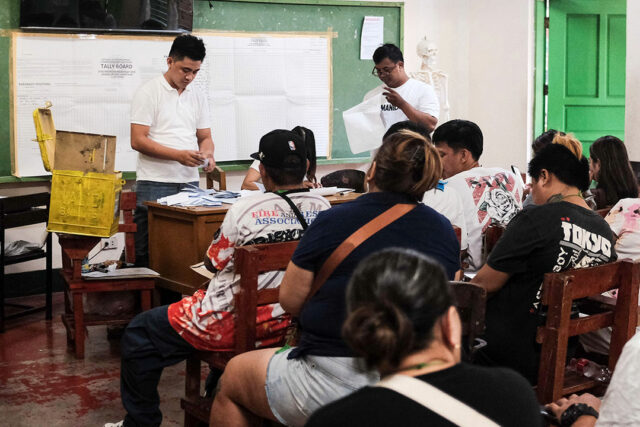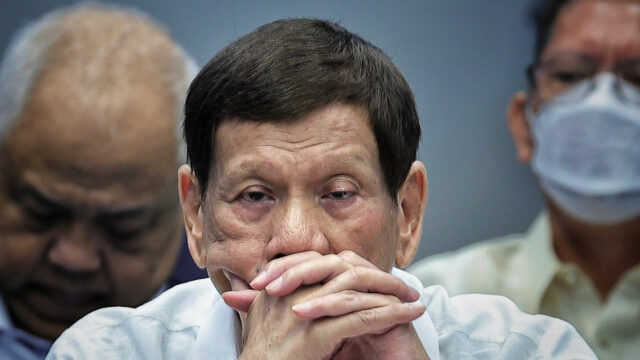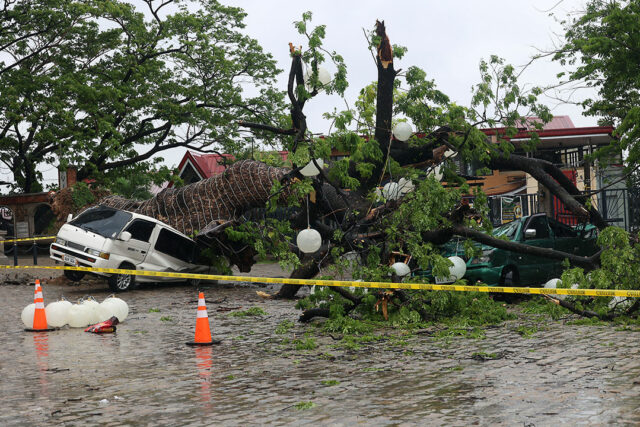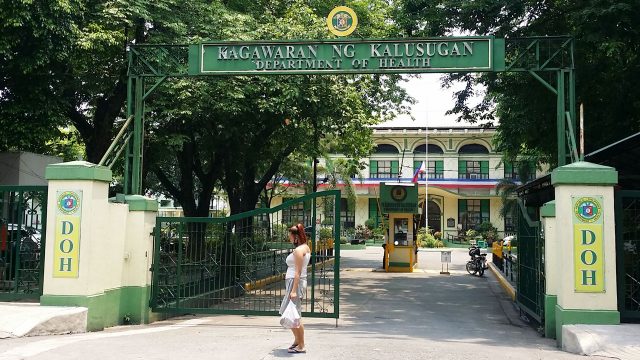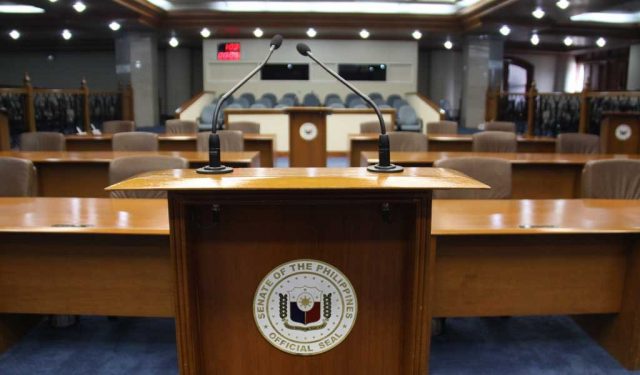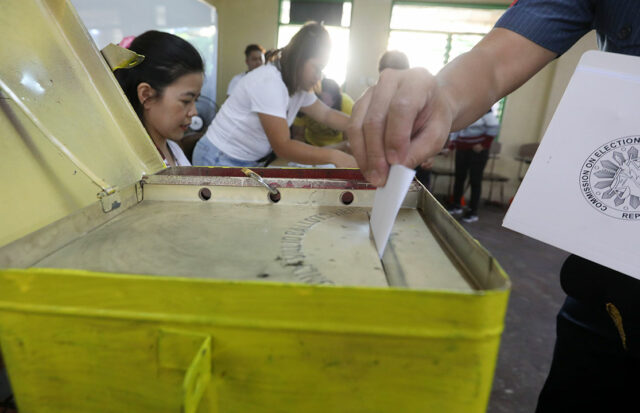MMDA, Comelec to share assets for 2025 polls
THE Metropolitan Manila Development Authority (MMDA) and the Commission on Elections (Comelec) on Tuesday signed a memorandum of agreement (MoA) to coordinate efforts and share resources for the upcoming 2025 midterm polls.
The agreement will give Comelec access to MMDA’s Command Center, equipment and personnel to support election-related operations.
“MMDA assets including our command center, body cams, radios, deployable cameras, and Mobile Command Center, will be made available and placed at Comelec’s disposal during the election period to ensure a clean, honest, and transparent election,” MMDA Chairman Romando S. Artes said in a news briefing in mixed English and Filipino.
“Also, aside from the deployment of our trained personnel for traffic assistance, MMDA will assign necessary manpower to assist election officers of the National Capital Region and Comelec Main Office in carrying out the teardown and removal of unlawful election materials,” he added.
The MoA will also cover assistance to Comelec’s final testing and sealing, international observation, and mock elections among other election-related activities.
It has over 330 close-circuit televisions (CCTVs) in its command center.
The Comelec will assign a computer station at the Command Center to ensure proper use of facilities and to coordinate technical support, equipment, transportation, and storage devices at docking stations.
The MMDA will also supply Comelec with manpower and logistical support to help election officers remove illegal election materials.
Both agency officials called on candidates and the public to follow the regulations and be responsible for displaying election materials.
“We hope there is a responsible way for them to put up campaign materials that is consistent with, and pursuant to, our guidelines, first of all. Secondly, we want to ensure it does not disrupt traffic or inconvenience pedestrians,” Mr. Garcia said in Filipino.
The Philippines will hold midterm elections on May 12 next year, where Filipinos will elect their congressmen, mayors, vice mayors and members of city councils. Twelve of the 24-member Senate will also be replaced.
The period of filing for candidacy ended on Oct. 8, which saw 184 people seeking a seat at the Senate, and 190 party-list groups seeking congressional seats. — Chloe Mari A. Hufana

